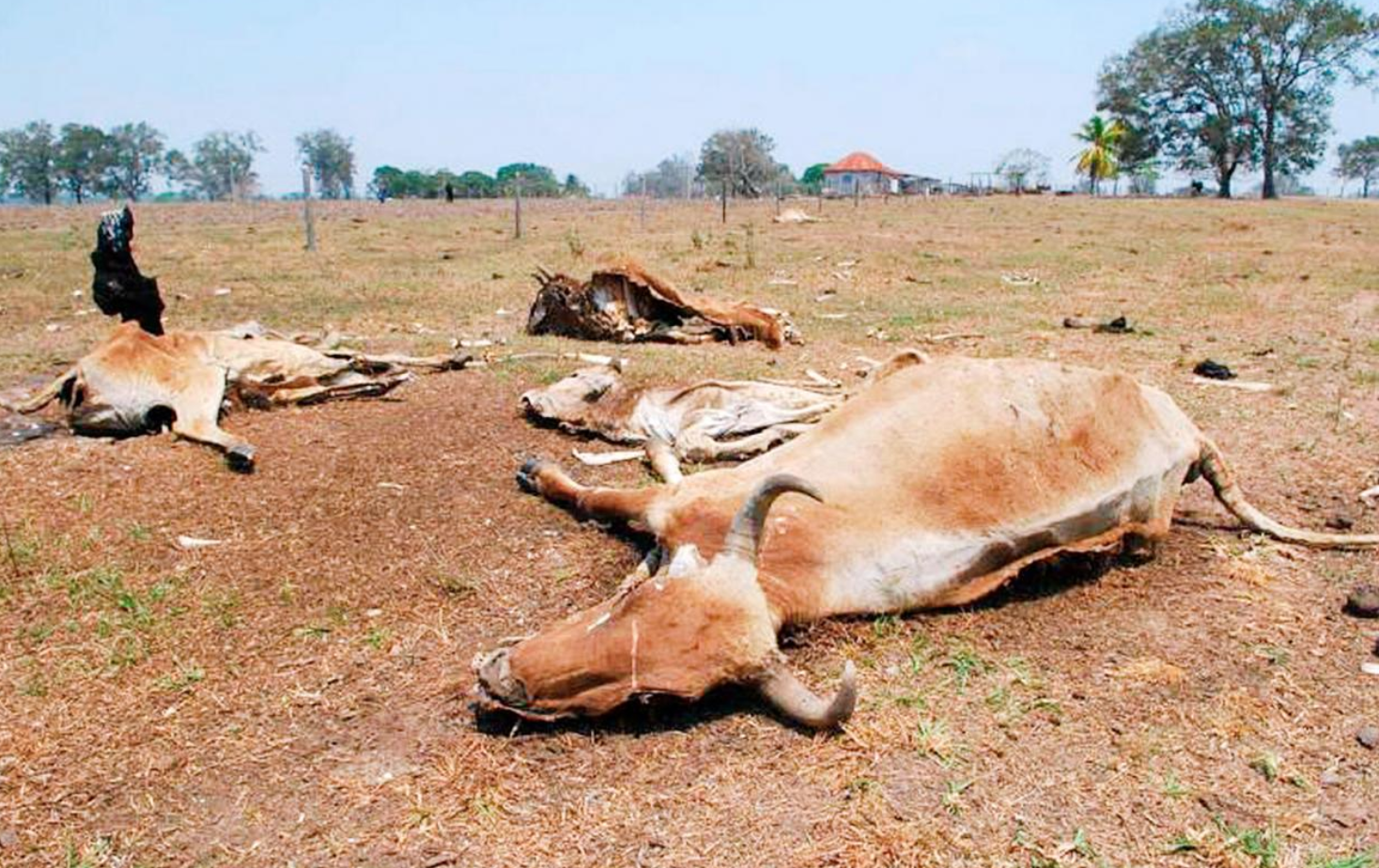Agricultural activity in some regions of Latin America has been losing competitiveness in international markets: this is largely due to the effects that climate change is having on the production and productivity of the sectors involved. Floods, droughts, high or low temperatures, and soil degradation are some of the main consequences, especially in Central America and the Caribbean.
The countries of the Central American Dry Corridor, such as Guatemala, El Salvador, Honduras and Nicaragua, are already highly dependent on water supply sources and water infrastructure that are usually destined for the agricultural industry. Meanwhile, the Global Climate Risk Index (CRI) places Puerto Rico in first place and Haiti in third place among the countries with the highest number of natural disasters worldwide in 2021. In addition to this, greenhouse gas emissions have a greater impact on agricultural and forestry activities.
In the case of Panama, the agricultural economy has been losing its contribution to the gross domestic product (GDP) since the 1970s and 1980s. According to World Bank statistics, the agricultural sector has considerably decreased its participation in the country’s GDP, going from 25% in 1950 to only 2.7% in 2020. While this reduction reflects a variety of factors, the decrease in rainfall and high temperatures have caused prolonged droughts, resulting in low production in agricultural and fishing activities.
One of the most affected areas as a result of the impact of severe weather has been livestock production. The El Niño phenomenon, with seasonal and prolonged dry periods that affect the quality of pastures and the availability of water resources, has affected livestock production in Panama. The dry period in Panama extends from mid-December to April, but this year, for example, the lack of rain has extended into May and will most likely continue into June.
This has had a negative repercussion on the sector’s income flows and profitability, which in turn has led to higher prices for end consumers, especially for basic food basket products.

How to counteract the effect of climate change on the agricultural sector?
Given the effects of climate change on the agricultural industry, it is necessary to promote massive awareness campaigns throughout the production chain. A transformation is needed in food production in the region, through new technologies and the support of coherent and clear agricultural policies for the sector, to mitigate or reduce droughts, greenhouse gases and indiscriminate logging.
Within this framework, government institutions such as MIAMBIENTE in Panama have been implementing regulatory frameworks and assertive environmental policies through the creation of the National Climate Action Plan (PNAC). This is in combination with a country vision methodology towards 2050, which involves the objectives of the Paris Agreement and the Sustainable Development Goals (SDGs). The plan seeks to establish strategic guidelines to mitigate potential damage to the environment and promote sustainable agriculture, livestock and aquaculture.
The processes of transformation of the agricultural sector will be discussed in depth at the Sustainability Research and Innovation Congress (SRI), to be held in June in Panama. It will address, from scientific analysis, the understanding and suitability of soils in terms of productivity, to teaching and sustainable management of climate change to meet domestic and international demands for products and food.
*Translated from Spanish by Micaela Machado Rodrigues
Autor
PhD in Agricultural Management. STeP Fellow at the Inter-American Institute for Global Change Research, IAI. Researcher at SENACYT- Panama.











